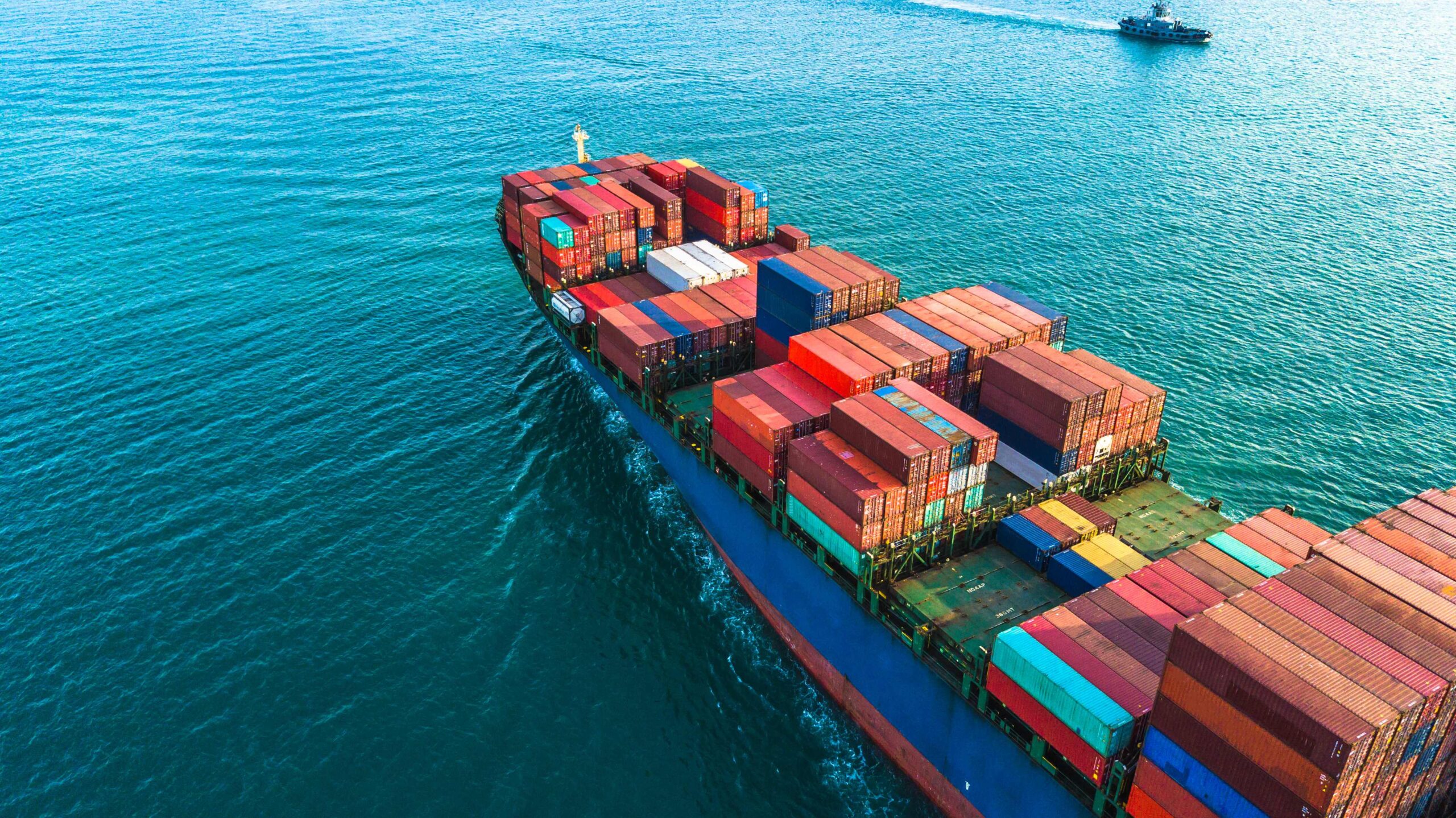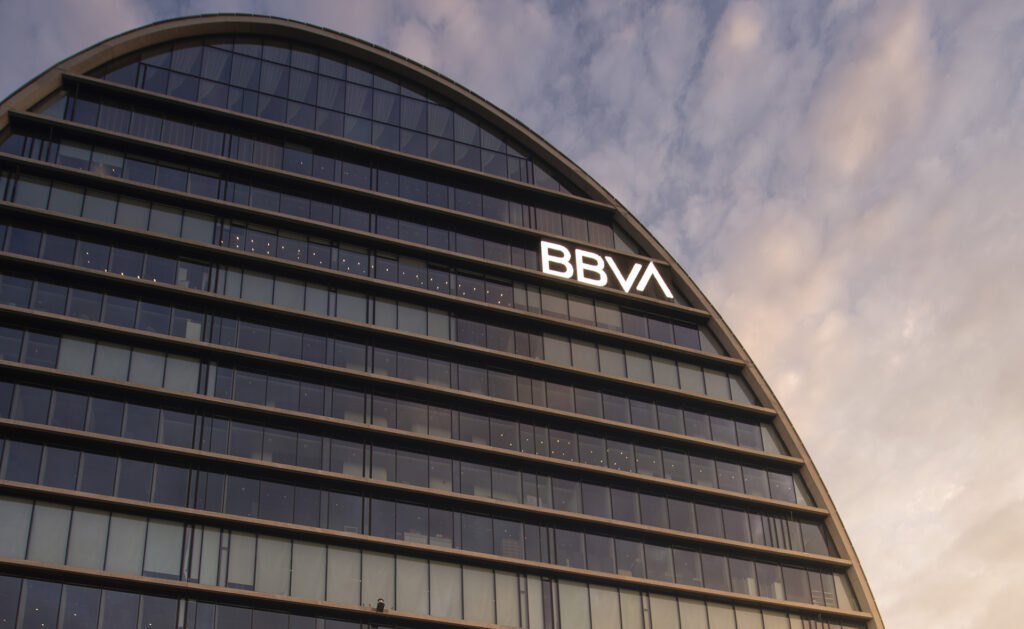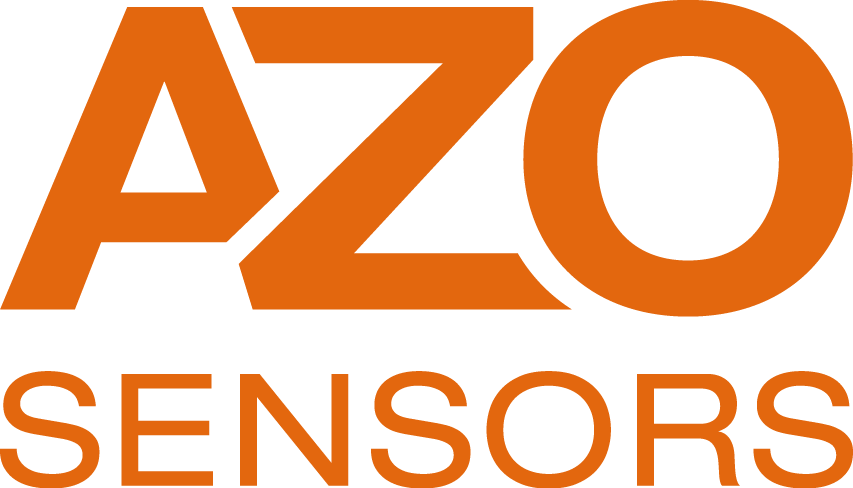Emerging economies are expanding deployment of clean energy while seeking to strengthen domestic manufacturing of key technologies. As they pursue those goals, some nations are plotting higher import tariffs to protect local firms – a move that sits uneasily with rising clean-tech imports and which could increase the cost of the energy transition.
The Clean Energy Trade and Emerging Markets report – produced by BloombergNEF and commissioned by Bloomberg Philanthropies – assesses how trade and industrial policy are reshaping flows of clean technology. It examines electric vehicles (EVs), batteries, solar products and wind turbines to help policymakers weigh the trade-offs between industrial strategy and decarbonization.
Industrial policy is enjoying a global revival. China sits at the center of clean-tech manufacturing – hosting at least 80% of capacity across major parts of the solar and battery supply chains – and it is against this backdrop that governments are seeking to strengthen their own industrial capacity.
Exports from China to Asia, Africa and Latin America are booming, with low-cost solar panels, batteries and EVs helping accelerate the energy transition in power generation, storage and transport. Clean-tech imports are reshaping markets – from record solar installations in Pakistan to an influx of EVs in Brazil.
Over 2022 to August 2025, China’s share of clean-tech exports to emerging economies rose from 23% to 31%. Low tariffs have supported that growth, but that openness is prompting concern among policymakers outside China seeking to build domestic industries. Several large developing countries are now considering higher import duties.
Rising trade barriers, however, present a delicate balancing act. BloombergNEF analysis finds that imposing higher tariffs could significantly increase the cost of achieving clean-power goals. Under an “extreme” scenario – where solar modules face 100% import duties and batteries 50% – the total cost of meeting the 2030 “tripling renewables” targets across eight regions would rise by at least $137 billion, or 16%. With higher financing costs and narrower margins, emerging markets are particularly sensitive to such cost increases.
Tariffs can help attract investment, diversify supply chains and build local value – but they also risk slowing clean-tech deployment, raising costs and delaying decarbonization. Striking the right balance between industrial ambition and low-cost clean technology will be one of the defining policy questions of the decade.
Download the report here.







